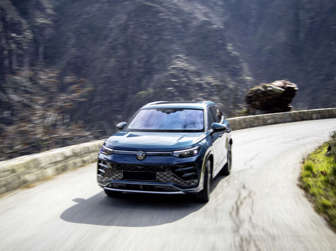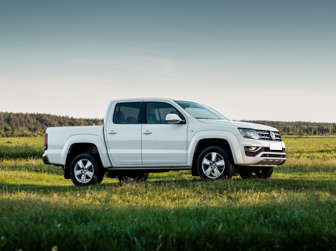Load shedding across the country has left many small businesses vulnerable - and the motor body repair sector is no exception. Not only are customers becoming frustrated by the demand, but profitability and insurance ratings are also negatively impacted.
Charles Canning, Chairman of the South African Motor Body Repair Sector (SAMBRA), a proud association of the Retail Motor Industry Organisation (RMI) says the outages have adversely affected many smaller members who do not have sufficient resources for large backup generators.
He says the outages come on the back of the Covid pandemic and supply chain challenges from the acute shortage of parts. Most importers of motor vehicles into this country are facing the same supply problems.
“Not only is the chain out of Europe challenged since Russia attacked the Ukraine, as that is where our semiconductor, wiring units and electronic goods predominantly come from, but also from the large increases in freight costs. We know that out of the East for example certain car manufacturers are even battling to find the steel to make the containers to put the parts in to get them to South Africa.”
 Longer repair times
Longer repair times
The knock-on effect of that is longer repair times to accommodate both the backlog and the delays from the regular power outages. “Not only does this negatively impact customers,” says Canning, “but it also impacts profitability with repair vehicles taking up much needed real estate and slowing down the intake of new business. It also negatively impacts ratings with the big insurers who measure turnaround times for customer repairs.”
He says SAMBRA will continue to liaise closely with insurers across all vehicle brands on the status of certain critical parts and work with its smaller members to find solutions to the rolling blackouts. “We are also working hard to manage customer expectations, and wherever possible, we are advising motorists that our members will repair rather than replace the part in question,” says Canning.
He notes that fortunately, developments in repair technology have advanced substantially over the recent years, significantly improving the ability of MBRs to repair metal and plastic panels on a motor vehicle.
 Do you have enough insurance cover?
Do you have enough insurance cover?
In these uncertain times, car insurance might feel like a grudge purchase. But if you are involved in an accident, it will be helpful to know that your insurer has your back and is helping you resolve the matter as quickly as possible.
Understanding the different types of car insurance will help you decide what to get and what will best suit your needs and budget. Here are the main types of vehicle insurance in South Africa:
- Comprehensive insurance
Comprehensive car insurance is the most extensive option available, and covers your vehicle in the event of accidental damage, theft and hijacking. It also covers your car for damage caused by weather conditions such as storms and floods.
Comprehensive insurance also covers you if you are responsible for an accident and need to pay for the repair of damages to the other car. Owing to the extent of this cover, it is the most expensive kind of car insurance.
- Third party, fire and theft cover
Also known as limited liability, this kind of cover is similar to comprehensive, but it only offers third-party, theft and fire insurance, and not cover for accidental damage. This means that if your car is stolen, you’ll be covered, but if you hit another car in an accident, your own vehicle isn’t covered.
- Third-party insurance
This kind of insurance will only cover the damage caused to another person’s car (who is the third party) in the event of an accident, as well as the costs associated with injuries or death of the third party in the accident. Your own vehicle is not covered at all in the event of accidental damage, theft, and hijacking.
Updated: 5 underrated and unusual South African holiday ideas
The ultimate guide to understanding car service plans: Everything you need to know


